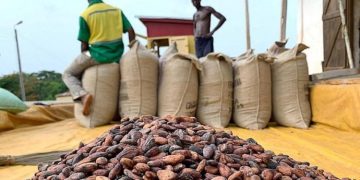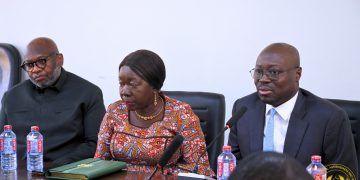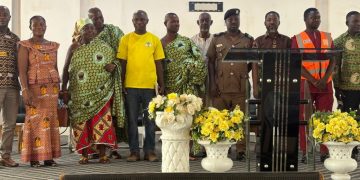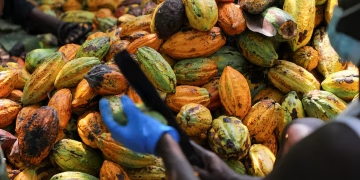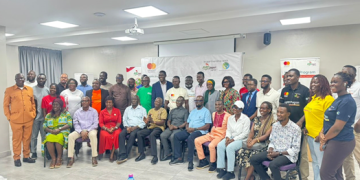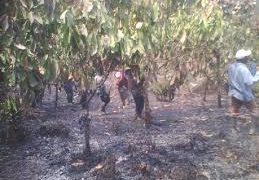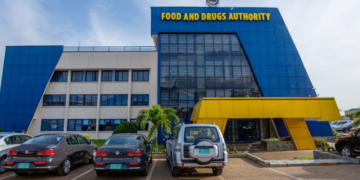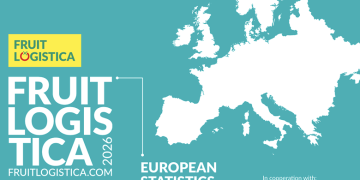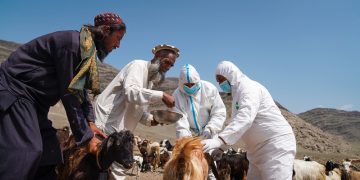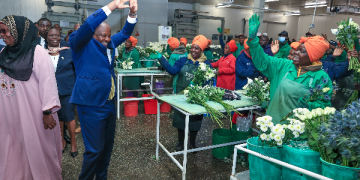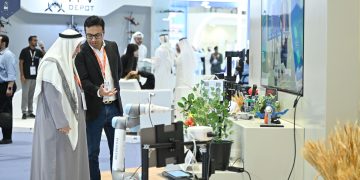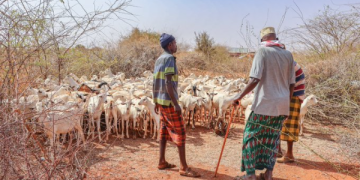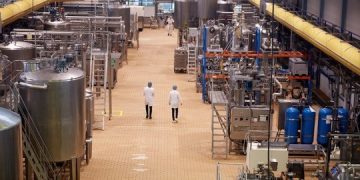Five newcomers join pavilion program – Australia, Czech Republic, Hungary, Poland, Turkey – 24 countries represented – AUS-night and Canada Event on 11 November adds cultural flair
Agritechnica 2025, taking place from 9 to 15 November in Hanover, Germany, will host a record 37 national and regional pavilions, organized by export and industry bodies from 23 countries. These pavilions make up a significant part of the more than 2,700 exhibitors participating at Agritechnica this year. The growth in pavilion participation at Agritechnica reflects why Agritechnica has become the preferred venue for international agricultural business: it brings together all the relevant decision-makers, making it easier for exhibitors to connect with new business partners, enter new markets, and build long-term collaborations.
This year, several countries will be represented for the first time in the pavilion program: Australia, Czech Republic, Hungary, Poland and Turkey. Other first-timers include Agricultural Manufacturers of Canada (AMC), which has booked a prominent pavilion.
The pavilions from Canada, the Czech Republic and France are especially timely this year, as these three countries are the focus of the International Farmers Day on 12 November when a high-quality speaker program on challenges and solutions in crop production await visitors. Farming professionals from these countries will receive free entry to the fair on that day.
The French pavilion, organized by Business France, is a well-established presence at Agritechnica, many of the nearly 100 exhibitors from France will be located in that pavilion.
Each pavilion brings a distinct agricultural profile and technology focus, adding its own country flair to the trade fair though not all pavilions with a country flag represent entire countries some are regional initiatives. For example, some countries are represented by several pavilions, each highlighting different provinces and often technology clusters. This regional approach allows for more targeted promotion and reflects the variety within national agricultural sectors.
Number of pavilions on the rise
The rise in pavilion numbers emphasizes Agritechnica’s role as a global business platform. With some 430,000 expected visitors from nearly 150 countries, the trade fair enables exhibitors to connect with relevant decision-makers and expand into new markets. For many companies, the pavilion format provides both visibility and credibility and often leads to long-term business outcomes.
“Agritechnica reaches the right people,” says Timo Zipf, Project Manager of Agritechnica. “National and regional pavilions are a proven format for entering new markets, and we’re especially pleased to welcome five new countries this year.”
Australia is making a bold debut with its “Team Australia Mission”, led by the Australian Agritech Association in partnership with the Queensland Department of Primary Industries and AgriFutures growAG. The Australian Pavilion will offer up a team of creative innovators, entrepreneurs, and industry leaders under one banner, showcasing technologies that address productivity, climate, and sustainability challenges.
“As organizer of Agritechnica, the DLG – the German Agricultural Society welcomes Australia’s participation, which builds on our existing collaboration through the FutureAg Expo powered by Agritechnica, which was conceived at the last edition.
Since then, FutureAg powered by Agritechnica has been held twice in Melbourne, uniting Australia’s broadacre sector and serving as the central meeting place for professionals in crop and mixed farming. The event brings international innovations to Australia, a high quality technical program on stage and demonstrates DLG’s long-standing commitment to advancing agricultural knowledge and cross-border exchange a core mission of the non-profit organization since 1885.
Cultural events and pavilion atmosphere enhance experience
In addition to showcasing technology, many national and regional pavilions are hosting networking events and informal gatherings, with Canada and Australia among those organizing after-show networking events, “Australia Night” and the Canadian reception event taking place concurrently on 11 November at 5:30 pm. Some of these events require prior registration.
The country events invite visitors to step into the spirit of each pavilion not only through the technologies on display, but through the tastes, sounds, and informal conversations that bring national character to life.
“Every hall at Agritechnica has its own unique vibe, but the national pavilions add a special cultural dimension,” says Zipf. “Whether it’s Canada’s expertise in no-till farming or Australia’s large-scale farming prowess, the pavilions showcase both technical strengths and national character.”
Pavilions at Agritechnica
Country/Location (Hall):
Argentina/Hall 9
Australia/Hall 5
Brazil/Hall 15; Hall 9
Canada/Hall 5; Hall 6; Hall 12
China/Hall 3; Hall 7; Hall 17; Hall 14/15; Hall 16
Czech Republic/Hall 21
Denmark/Hall 21
Germany/Hall 25
Finland/Hall 26
Hungary/Hall 21
India/Hall 3; Hall 14/15
Italy (Piemont)/Hall 14/15
Netherlands/Hall 25
Poland/Hall 4
Romania/Hall 7
Spain/Hall 16
Sweden/Hall 24
Taiwan/Hall 16
Turkey/Hall 14/15
Ukraine/Hall 5
United States/Hall 6
UK (Nothern Ireland)/Hall 25
The press release can be found on this page
Media Contact
Malene Conlong
International Communications
+49 69 24788-237
m.conlong(at)dlg.org
DLG. Progress and sustainability in the agriculture and food industry
The DLG (German Agricultural Society), founded in 1885 by Max Eyth, stands for productivity and sustainability in innovation-driven improvements in agriculture and the food chain. The aim of the DLG is to promote progress through the transfer of knowledge – especially with regard to technology and quality control. Non-profit, politically independent and with an international network, the DLG has more than 31,000 members worldwide.
As one of the leading organizations in its sector, the DLG not only organizes trade fairs and events in the fields of agriculture and food technology but also tests food, agricultural technology and equipment. With its competence centers for agriculture and food, its demonstration farm where practical trials take place along with its numerous publications, the DLG continually promotes independent knowledge transfer. In addition, the DLG works on numerous national and international committees of experts to develop solutions for the challenges facing agriculture and the food industry.
Source:dailyagricnews.com














